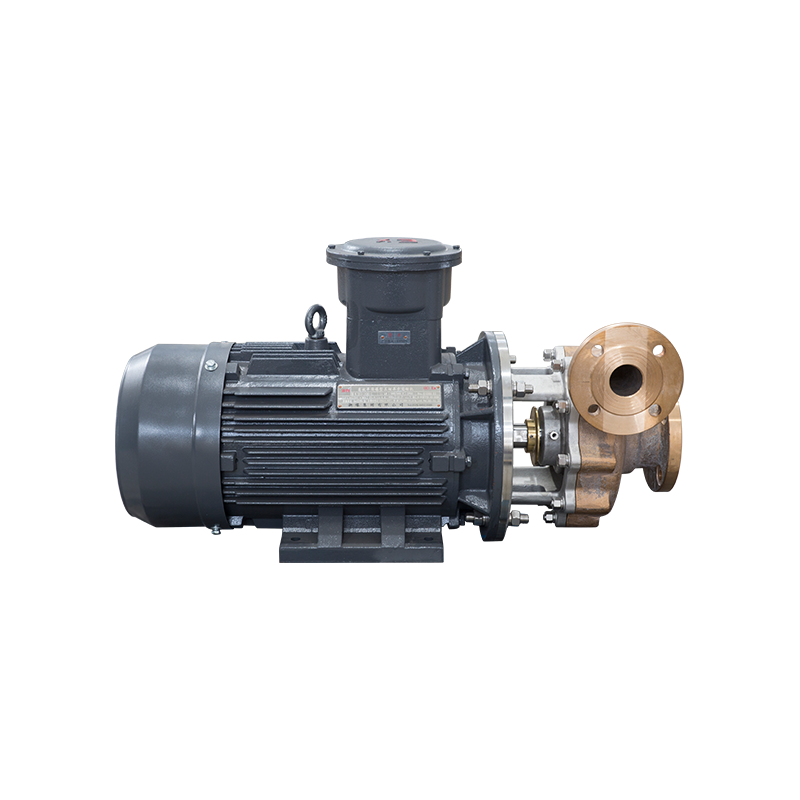Cryogenic centrifugal pumps are designed to handle extremely low-temperature fluids such as liquid nitrogen, oxygen, and argon. The materials used in cryogenic centrifugal pumps must have excellent low-temperature properties, high strength, and good corrosion resistance to withstand the extreme conditions of cryogenic applications.
Common materials used in cryogenic centrifugal pumps include stainless steel, aluminum, titanium, and various alloys. Here are some of the reasons why these materials are chosen:
Stainless Steel: Stainless steel is often used in cryogenic centrifugal pumps because of its high strength, good corrosion resistance, and excellent low-temperature properties. It is also relatively easy to fabricate and maintain.

Aluminum: Aluminum is lightweight and has good thermal conductivity, making it an excellent choice for cryogenic applications. It also has good corrosion resistance and can be easily machined and welded.
Titanium: Titanium is a high-strength, low-density metal that is commonly used in aerospace and marine applications. It has excellent corrosion resistance and is ideal for handling cryogenic fluids.
Alloys: Various alloys, such as Inconel, are often used in cryogenic centrifugal pumps due to their high strength and excellent low-temperature properties. These alloys are also resistant to corrosion and can withstand extreme temperatures and pressures.
In summary, the materials used in cryogenic centrifugal pumps must have excellent low-temperature properties, high strength, and good corrosion resistance. Stainless steel, aluminum, titanium, and alloys are commonly used in these applications due to their unique properties and suitability for handling cryogenic fluids.
